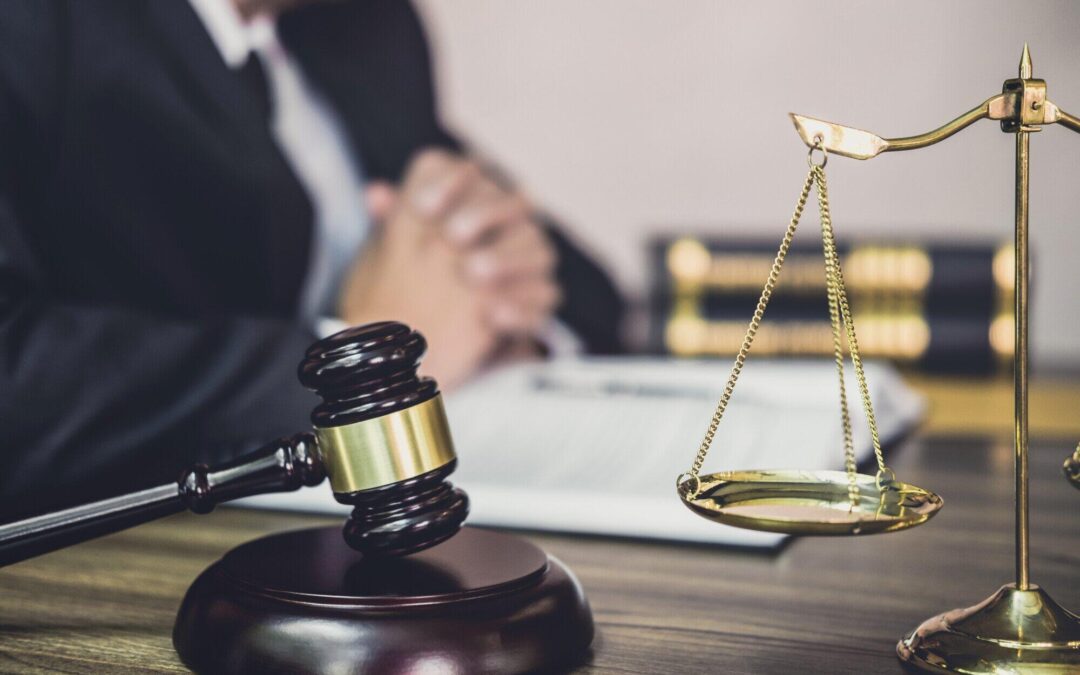If defective products have caused you harm, you may be eligible for compensation. However, to fully understand this, you must first understand the legal terms. So, what is strict product liability?
What Is Strict Product Liability?
Picture this scenario: You buy a new kitchen appliance, excited to put it to use. But during its first use, the appliance malfunctions and causes you serious injury.
Who should hold responsibility for your suffering? In many cases, strict product liability comes into play.
Strict product liability holds manufacturers accountable for any harm caused by their products, regardless of intent. This means that if a product is defective or dangerous in some way and it causes harm to someone using it as intended, the product manufacturer can be held liable for compensation.
Unlike other forms of liability where negligence must be proven, strict product liability shifts the burden of proof from the injured party to the manufacturer.
This concept provides an essential layer of protection for consumers who may fall victim to dangerous products. It ensures that manufacturers are incentivized to produce safe and reliable goods by holding them financially responsible when they fail to do so.
Strict product liability also extends beyond just physical injuries. It can cover other damages, such as property damage or financial losses resulting from defective products. This broad scope further reassures individuals who have experienced harm because of faulty items.
What Do You Need to Prove in a Strict Product Liability Claim?
To have a successful case, the injured party must prove certain elements when filing a strict product liability claim. These elements vary depending on the jurisdiction but generally include four key factors.
1. An Injury Occurred While Using the Product
The plaintiff must prove they suffered an injury while using the product. This can include physical injuries, emotional distress, or property damage.
2. The Product Was Defective
You can prove the product was unsafe for its intended use because of a flaw or dangerous condition. This could include design defects, manufacturing defects, or inadequate warning labels.
3. The Defect Caused an Injury
You need to show a clear link between the defect and your harm. This may require gathering evidence such as medical records, expert testimony, and documentation of any financial losses incurred due to the defect.
4. You Used the Product as Intended
Finally, you need to prove that the product was being used as intended by the manufacturer at the time of the injury. If the product was being misused or used in an unforeseen way, it may be more challenging to hold the manufacturer responsible for any resulting injuries.
Who Can Be Sued Under Strict Product Liability Laws?
Under strict product liability laws, determining who is responsible for a defective product is crucial. In these cases, multiple supply chain parties may face legal action.
Manufacturers
Manufacturers are often prime targets in strict product liability claims. They have a duty to ensure their products are safe for consumer use. If they fail to meet the standard because of negligence or design flaws, they may be liable for injuries or damages.
Distributors and Retailers
Strict product liability laws can also hold distributors and retailers accountable for their role in the supply chain. While they may not have direct control over the manufacturing process, they still should inspect the products they sell and remove any that pose a potential consumer risk.
Suppliers
In some situations, suppliers of parts used in the final product could also be subject to legal action. If these parts contributed to the defectiveness of the overall product and lead to harm, suppliers may share responsibility alongside other parties involved.
Compensation for a Defective Product
In strict product liability cases, compensation can cover various damages, such as:
- Medical expenses
- Lost wages
- Pain and suffering
- Emotional distress
The purpose of these laws is to help alleviate the financial burden caused by the defective product.
Determining Compensation
Several factors will determine your compensation in a defective product claim. These include the severity of your injuries or damages, any long-term effects they may have on your life or ability to work, and the level of negligence exhibited by the manufacturer or seller.
It’s important to note that each case is unique.
To ensure that you receive fair compensation for your injuries from a defective product, it’s essential to seek legal representation from an experienced product liability lawyer. They can guide you through the legal process and fight for your rights.
Getting Help from a Product Liability Attorney
When dealing with complex product liability claims, seeking help from an experienced attorney is often your best bet. Their experience can provide invaluable guidance and support as you seek justice for the harm caused by defective products.
An attorney will carefully evaluate your case to determine if you have grounds for a claim. They will review how you used the product and your injuries or damages. This evaluation is crucial in determining if pursuing legal action is viable.
Find the Help You Need
At Talbot, Carmouche & Marcello, we’ve been fighting for the people of Louisiana for over 50 years. We’re committed to excellence and will provide you with the support you need. Contact us today for a free consultation.

